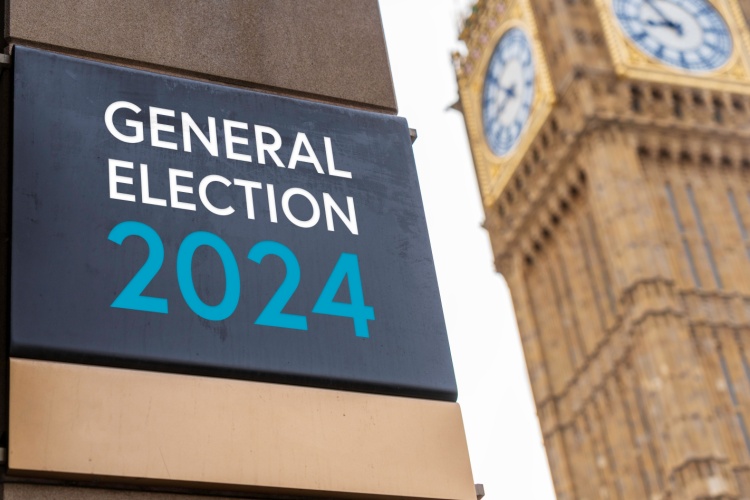What is the value of financial advice?
29/08/18
It’s never easy trying to explain to someone that hasn’t experienced it, the value of good financial advice. Spoiler alert: If you’re ever sat in the client seat and an adviser is telling you that they add value by getting you superior investment returns – it’s time to walk away. I’ll come back to that shortly.
To consider the value we first need to look at the two type of fees charged by almost all advisers – Initial Fees and Ongoing Fees.
Initial Fees
The initial work an adviser completes for you could be considered a ‘medical checkup’ for your finances. It entails summarising your current financial position so that you can be confident of where you stand, assessing this position against where you need to be financially in the future, and if needed, recommending the changes to implement to help you along the way.
Of course wrapped up within that 3 line summary is a lot of technical work. Maximizing tax efficiency, ensuring your investments are suitable and taking an appropriate amount of risk, that the financial products are right for you and you’re not wasting money on unnecessary costs.
The value of the initial work tends to be easier to ‘feel’. Much like adding an extension to your house, landscaping the garden or remodeling the bathroom, it’s a project with a starting point, a lot of work in the middle and an end result. Unlike those examples however, that’s not the end of the story.
Ongoing Fees
So you have your pensions in place, investments are invested and you have protected yourself against disaster (life assurance etc). Why do you need to pay for ongoing advice? Well, i’ll defer to a quote from American President, Dwight D. Eisenhower – “In preparing for battle I have always found that plans are useless, but planning is indispensable.” We completely agree. A plan rarely comes to fruition without complication, the value is in the ongoing process of planning, looking at options and being able to adjust.
The initial work is completed within a snapshot of time. A plan was put into place to take into account your vision of the future and everything you wanted to achieve. You were looking forward to certain things, concerned about others and were managing your finances as they stood right then. All of these are variable factors. Your income changes, your spending changes and the direction you were heading often changes too. Goals are important, most of us like to have an idea of where we are heading, but that doesn’t mean goals need to stay fixed. Remaining flexible and being able to adapt to changes within us and around us is a key skill in successfully managing your finances. Your financial plan will need updating, amending and tinkering along the way to make sure it is still suitable for you right now, not you 5 / 10 / 15 years ago.
At the start of this post I told you to walk away if an adviser tells you that they add value by getting you ‘superior investments returns’. I meant it. I cannot tell you how any investment is going to perform in comparison to another, and neither can anyone else. I cannot tell you whether the stock market is going to double next, or lose 50%. No one can (although many try). What I can tell you is what the empirical evidence shows us – over long periods, a well diversified global portfolio will increase in value above inflation. However, along the way there will be dips, and sometimes very big dips. How you as the investor behave during these periods of market downturns will ultimately determine your success.
Research completed by Dalbar Inc, a US company that studies investor behaviour and market returns, showed that the American stock market, or more specifically the S&P 500 index, returned an average 9.85% per year over the 20 years up to 31/12/2015. However, the average investor in US equity funds only received 5.19% over the same period. So why the difference? Simple – bad behaviour. Investors getting nervous during downturns, trying to time entry into and out of the market and doing anything other than investing and forget.
Part of our ongoing service is to keep you in your seat when times get rough, which they will, and ensure you’re a good investor. We explain all the possible risks up front so that when things get bumpy and the media is screaming Armageddon, we can refer back to our initial conversations. This was planned for. We knew it was coming at some point. We keep your finances structured so that you have adequate cash balances. We don’t want you to be forced to sell investments unscheduled when the market is low. If you’re taking a regular income from your portfolio, we will have stress tested the withdrawal strategy against all manner of market conditions. If things need adjusting, we’ll agree the best course of action together.
So, back to value. How do you put a value on making you a good investor? It’s difficult. The value of ongoing advice will come in peaks and troughs. Some years will be fairly quiet, others will see a lot of activity. US investment giant Vanguard recently completed a study on the value added by a financial adviser, something they term ‘Adviser Alpha’. They considered all the various good things advisers do for their clients including tax management, behavioural coaching, withdrawal strategies etc. Taking into account that the value received will vary from year to year, they determined that the average benefit to your investment/pension portfolio would be around 3% a year compared with not having an adviser at all.
While it’s not possible to calculate an exact monetary value, and sometimes you’ll feel the value more than at other times, the research is clear that the value added by a good financial adviser is very real and worth paying for.
If you’re looking for help managing your financial future, contact us and we can arrange a meeting to see if we’re the right people to help.
The value of your investments can go down as well as up, so you could get back less than you invested.
Annetts & Orchard is a trading name of Annetts & Orchard Insurance Brokers. We are authorised and regulated by the Financial Conduct Authority. Financial Services Register Number 136445.




